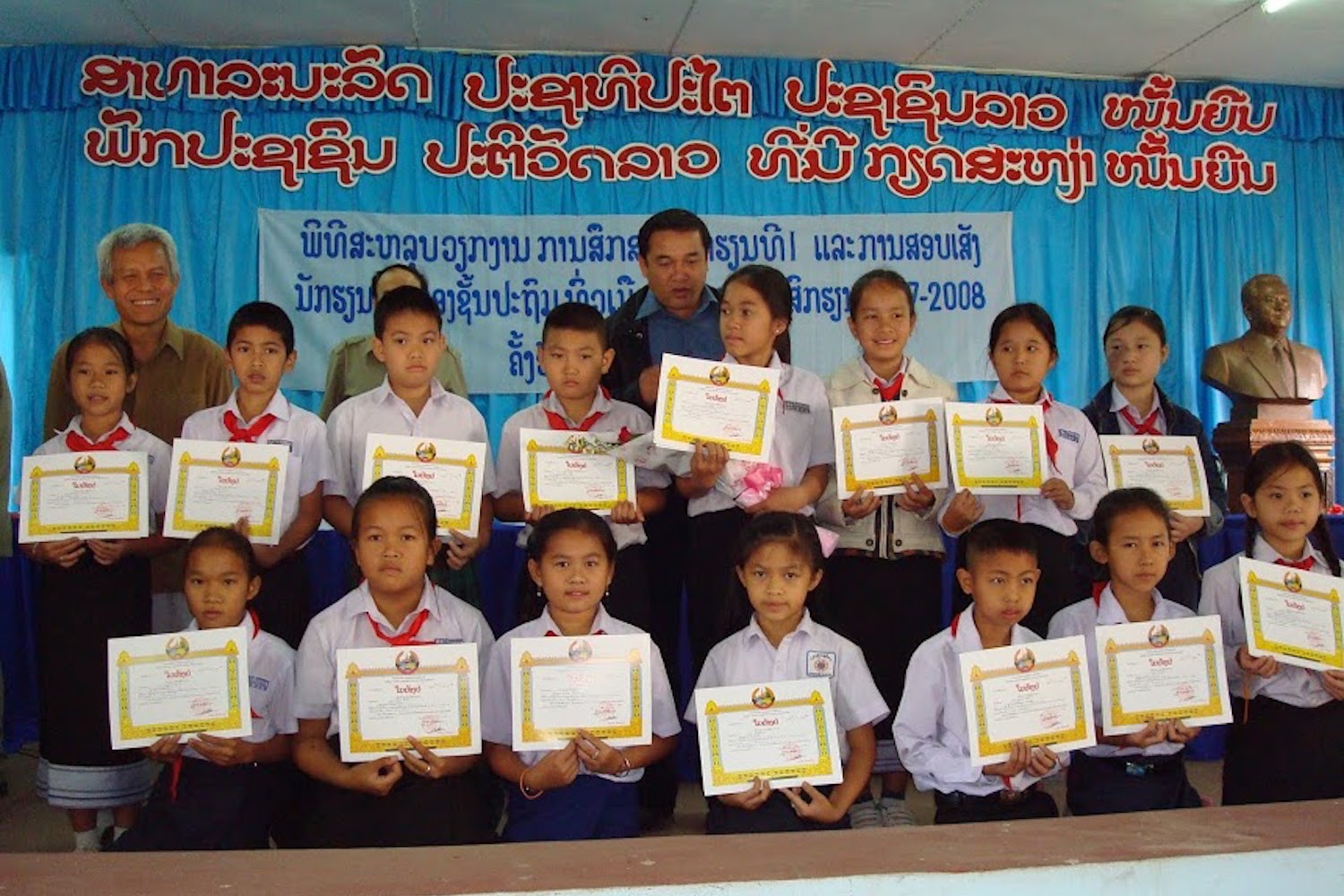RFA: 14 June 2018
A U.N. review of the rights record of Laos scheduled for July should look closely into the condition of civil and political rights in the Southeast Asian country, focusing on reports in recent years of forced disappearances and harsh prison terms handed out to critics of the country’s government, two Paris-based rights groups say.
Numerous violations of citizens’ rights in the one-party communist state have been documented and must finally be addressed, the International Federation for Human Rights (FIDH) and its member organization The Lao Movement for Human Rights (LMHR) said in a joint statement released this week.
“The upcoming review of the disastrous state of civil and political rights in Laos is a rare opportunity to put the spotlight on the repressive actions of the authoritarian government in Vientiane,” Debbie Stothard, FIDH Secretary-General, said in the June 11 statement.
“It’s critical that the international community pays close attention to this review and uses its key outcomes to recalibrate its policies vis-à-vis Laos,” Stothard said.
Meeting in Geneva, Switzerland, from July 11 to 12, the UN Human Rights Committee (CCPR) will examine for the first time the state of civil and political rights in Laos, the joint statement said. The committee tracks the compliance of state signatories to the International Covenant on Civil and Political Rights.
Laos became a state party to the Covenant in 2009, the rights groups noted.
“In Geneva, the Lao government delegation will have to answer many questions, starting from those concerning the enforced disappearance of civil society leader Sombath Somphone and the shocking jail sentences imposed on government critics,” LMHR President Vanida Thepsouvanh said.
“It’s time for the government to come clean and publicly address the serious violations of civil and political rights in Laos,” Thepsouvanh said.
Disappeared, jailed
In December, supporters and family friends marked the fifth anniversary of the disappearance in Laos of Sombath Somphone, a prominent civil society leader who vanished at a police checkpoint outside the Lao capital.
Just before his abduction, Sombath had challenged land deals negotiated by the government that left thousands of rural Lao citizens homeless with little compensation.
Meanwhile, three young Lao migrant workers disappeared in March 2016 after returning to Laos to renew their passports. Charged with criticizing the Lao government online while working abroad, the three were later handed prison terms ranging from 12 to 20 years at a secret trial in April 2017.
More recently, a Lao villager detained since July 2017 in a dispute over village land died under mysterious circumstance in police custody, with relatives challenging government claims that the man had killed himself.
The villager, named Somsavanh, was one of a group of 14 villagers in Sekong province held for obstructing workers and cutting down trees on land granted by the Lao government to a Vietnamese rubber company, sources told RFA in an earlier report.
Routine violations
Speaking to RFA’s Lao Service on June 11, Bounthone Chanthalavong-Wiese—president of the Germany-based Alliance for Democracy in Laos—said that the rights to freedom of speech, freedom of peaceful assembly, and freedom of the press are now routinely violated in Laos.
“The freedom of civil society organizations and religious freedoms are also violated,” he said, adding, “By law, the Lao people can express their opinions according to what they believe is right and wrong, but in reality it is hard to do this, because it may touch on political concerns.”
Attempts by RFA to contact Lao officials responsible for treaties and laws and foreign affairs rang unanswered this week, but an official in an unrelated department urged a better “understanding” of Lao government policy.
“We understand that the U.N. commission will press Laos to respect people’s rights in the country, especially rights to the freedom of speech and expression, and political rights,” the official told RFA, speaking on condition of anonymity.
“We should understand that Laos is not a democratic county. To change things suddenly is very hard,” he said.
Reported by RFA’s Lao Service. Translated by Sidney Khotpanya. Written in English by Richard Finney.
